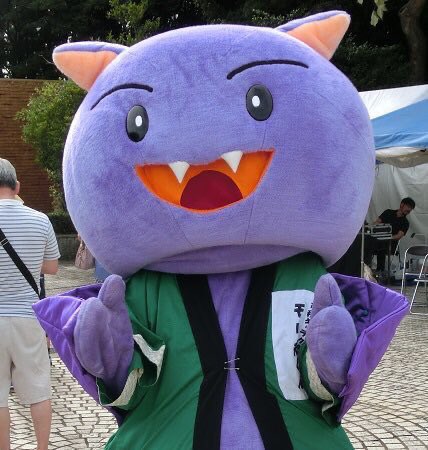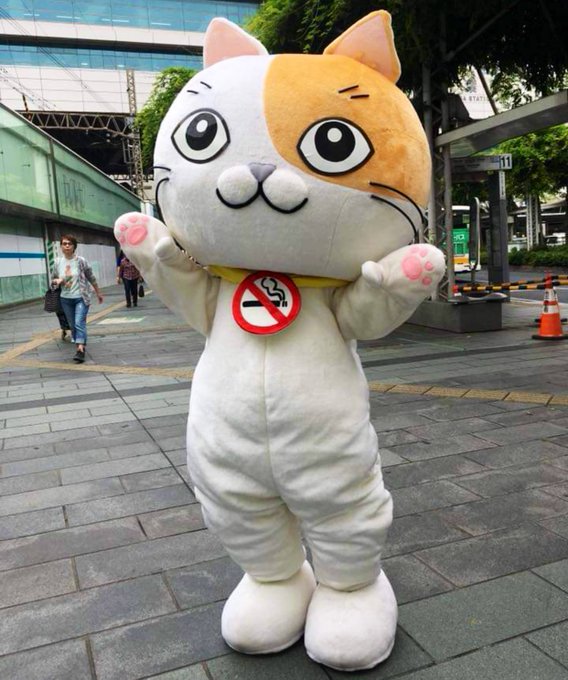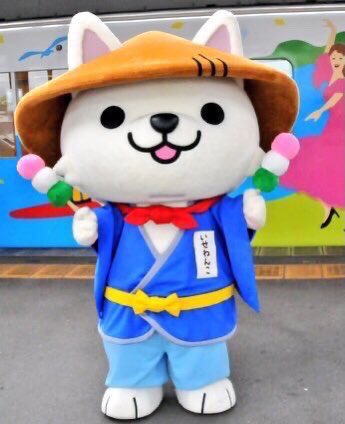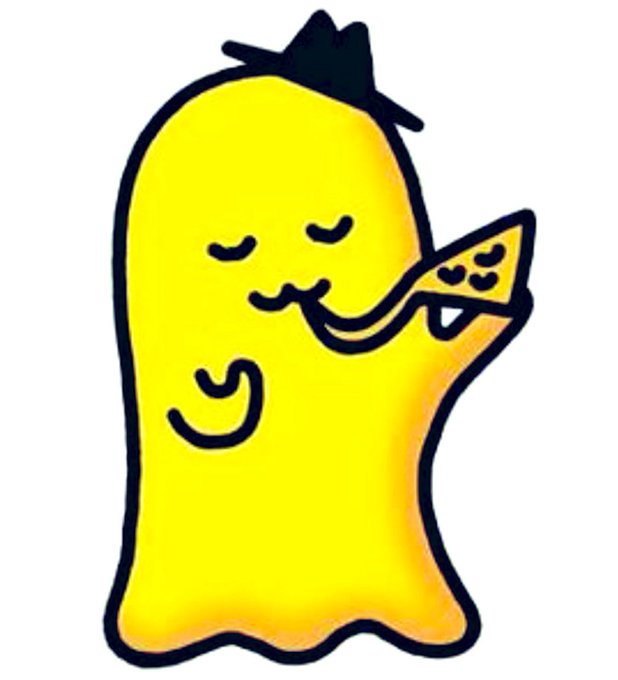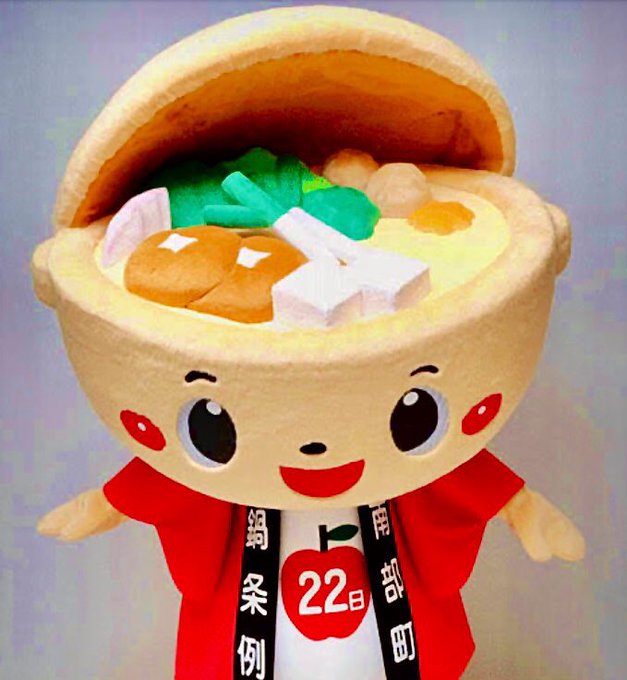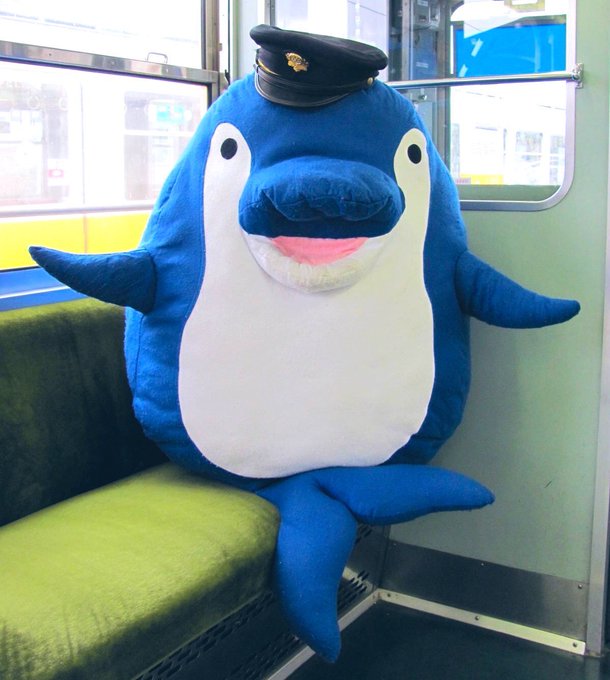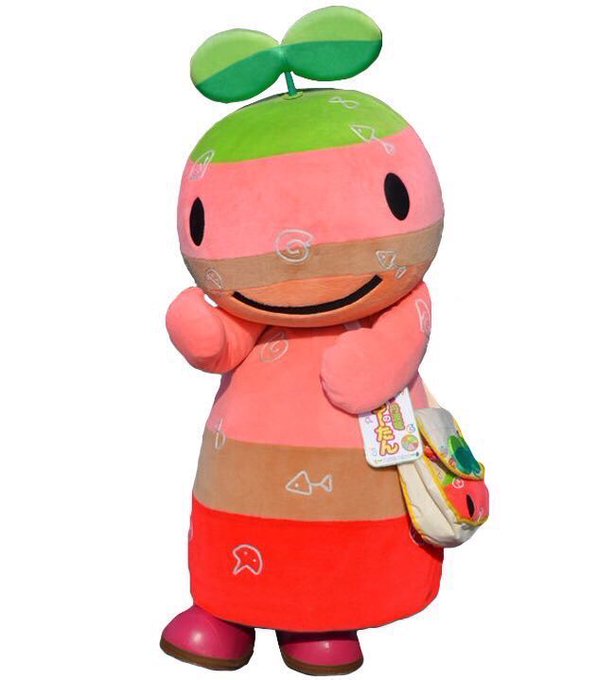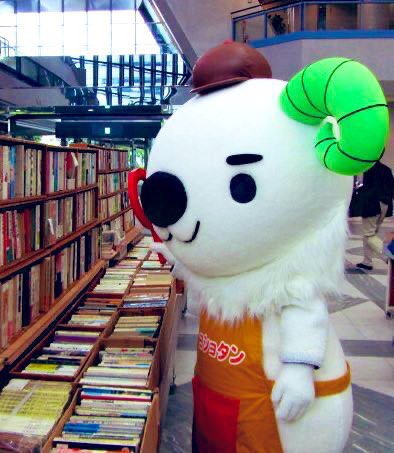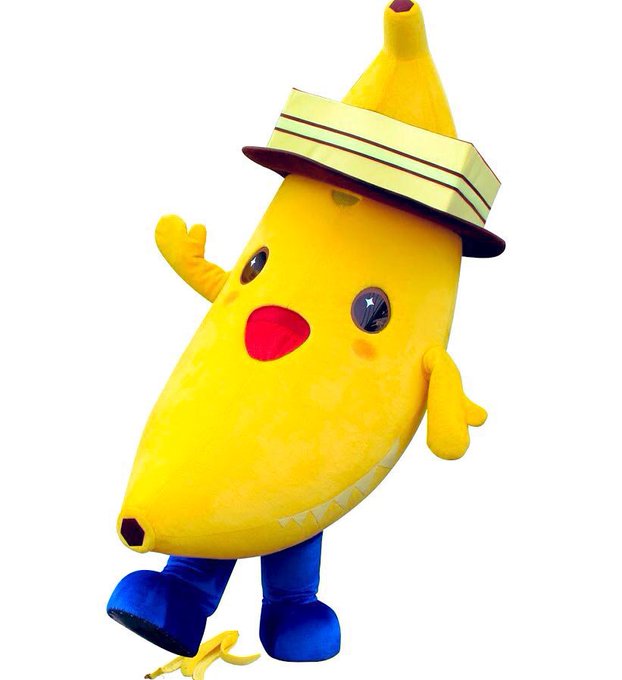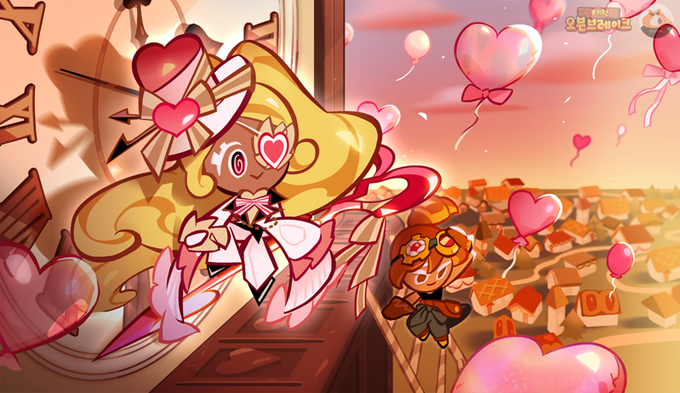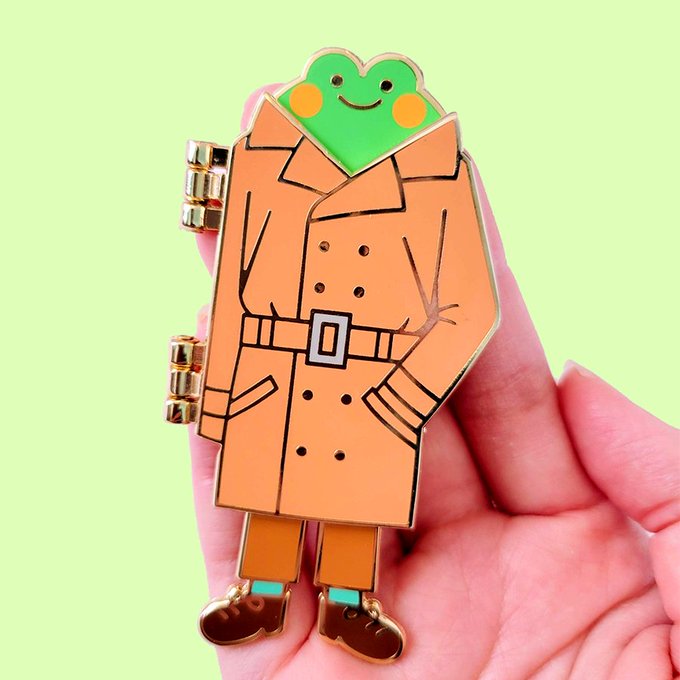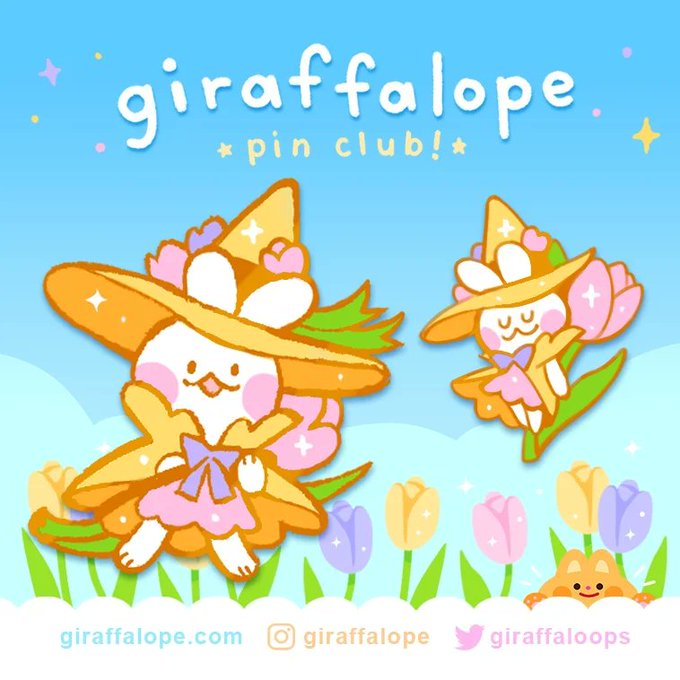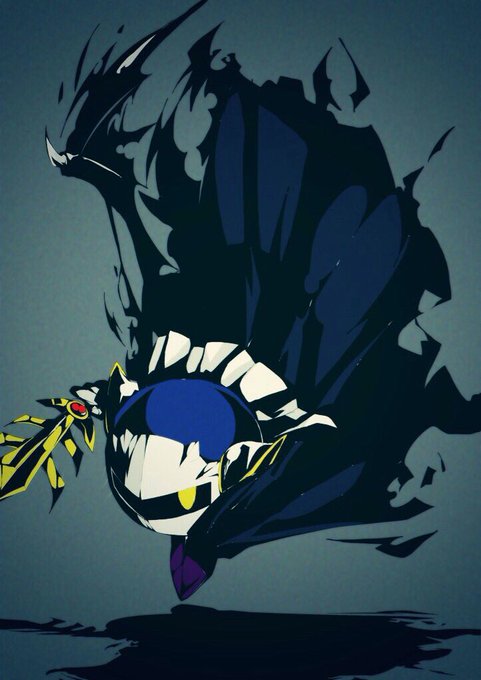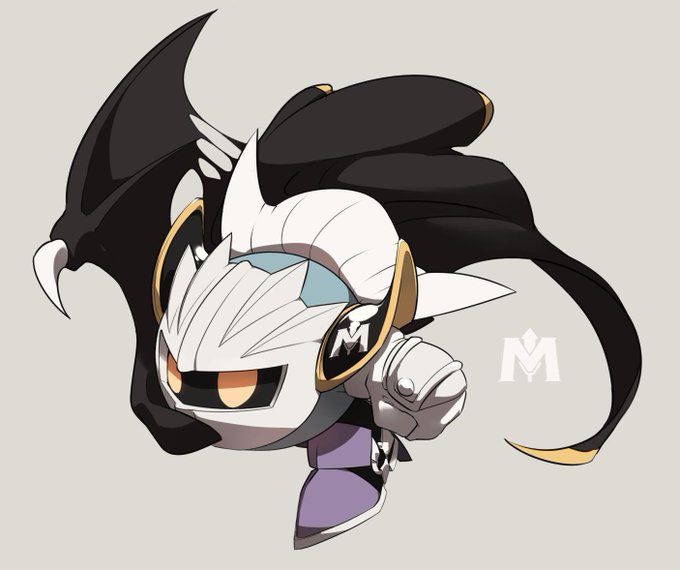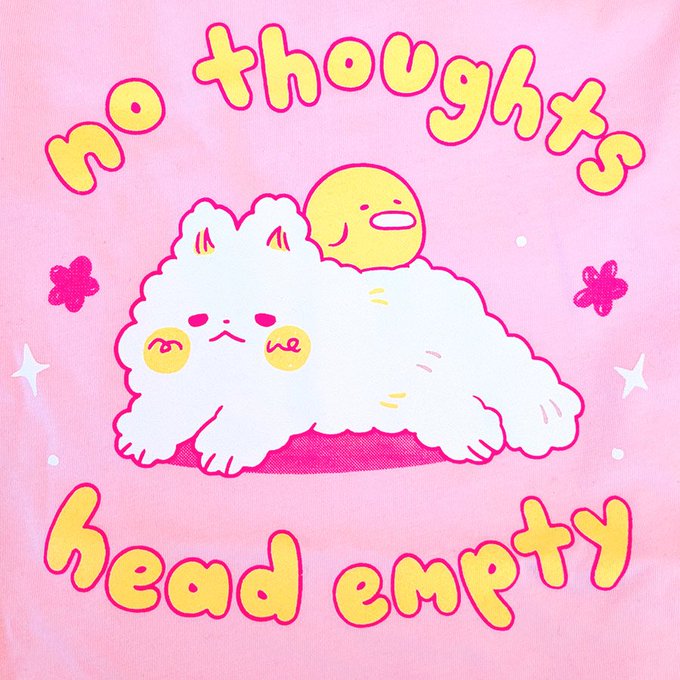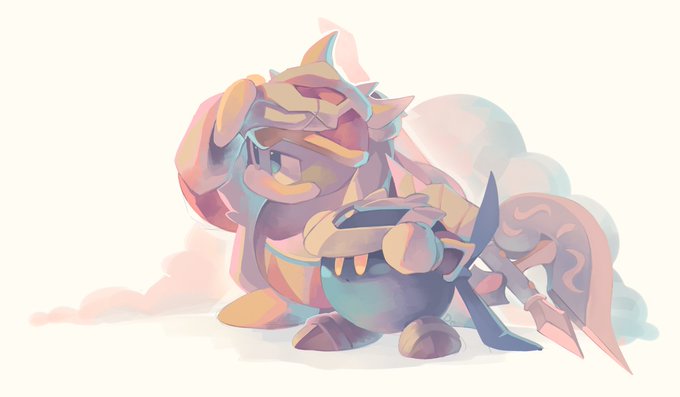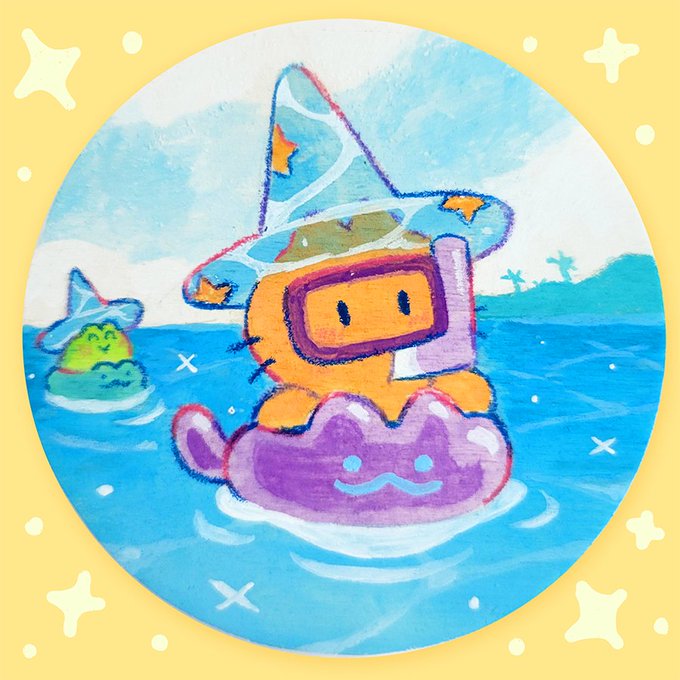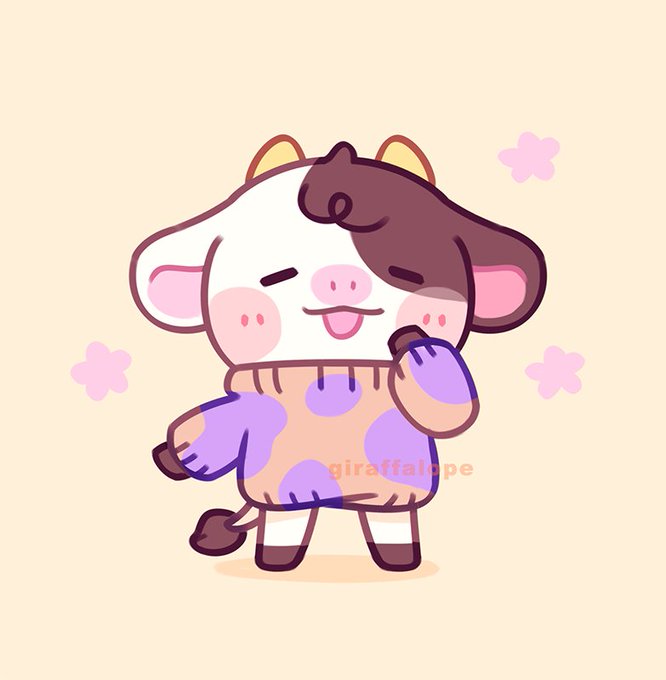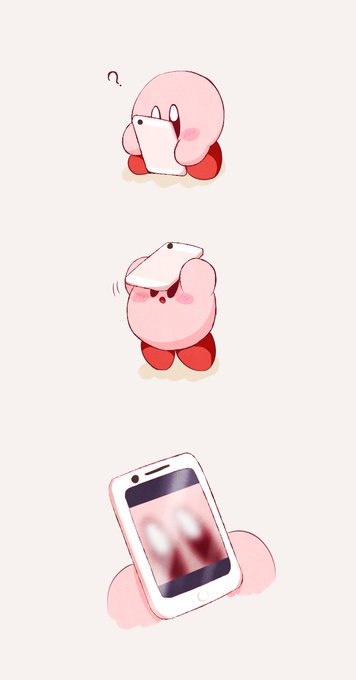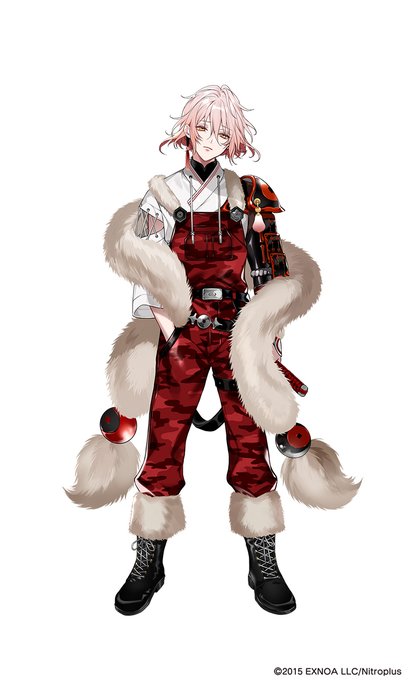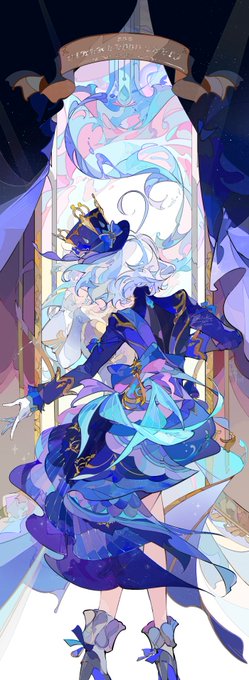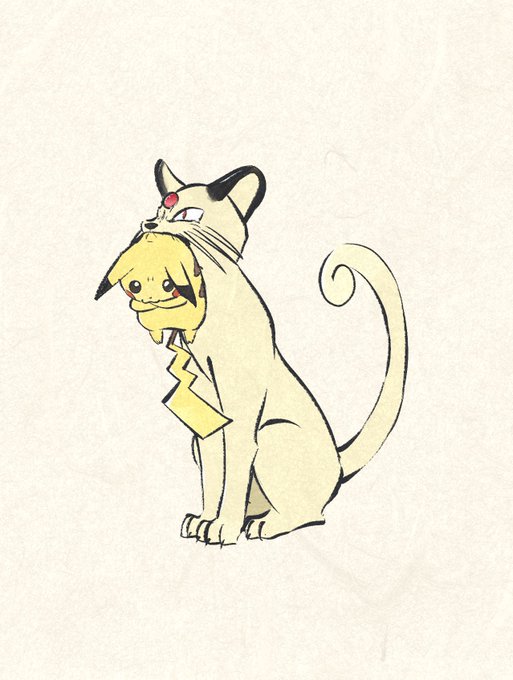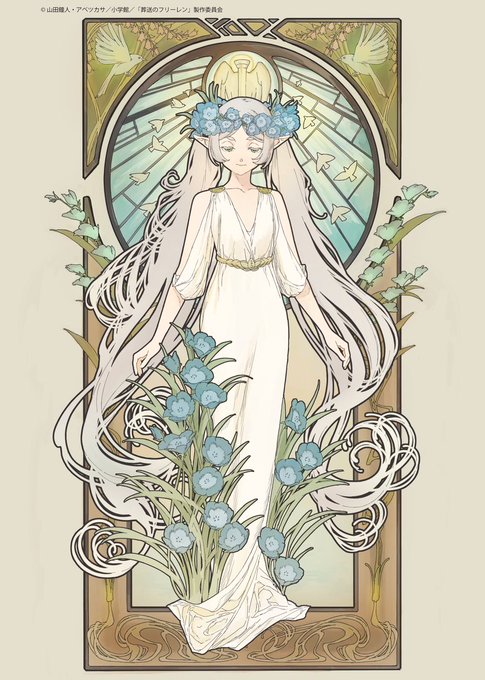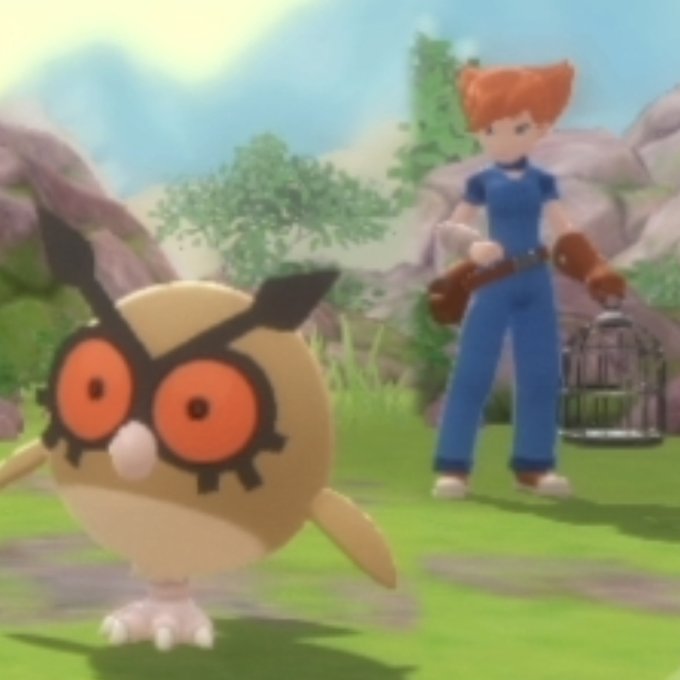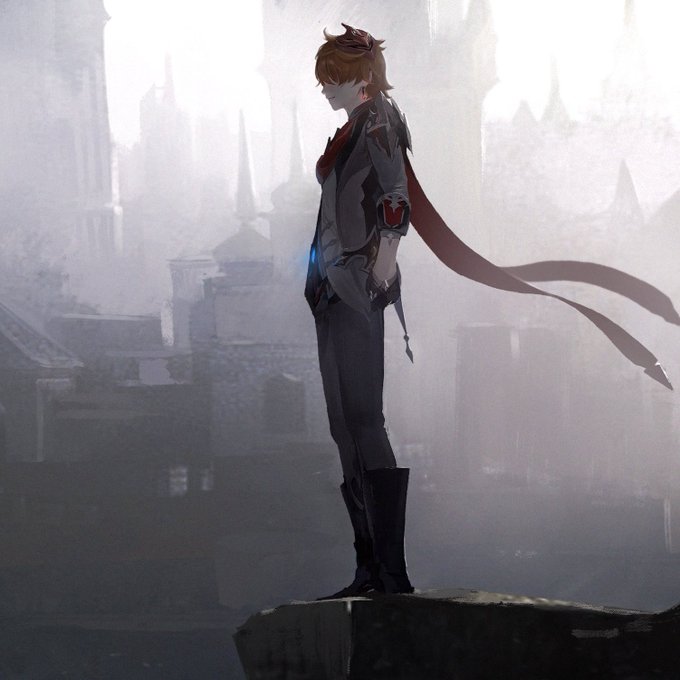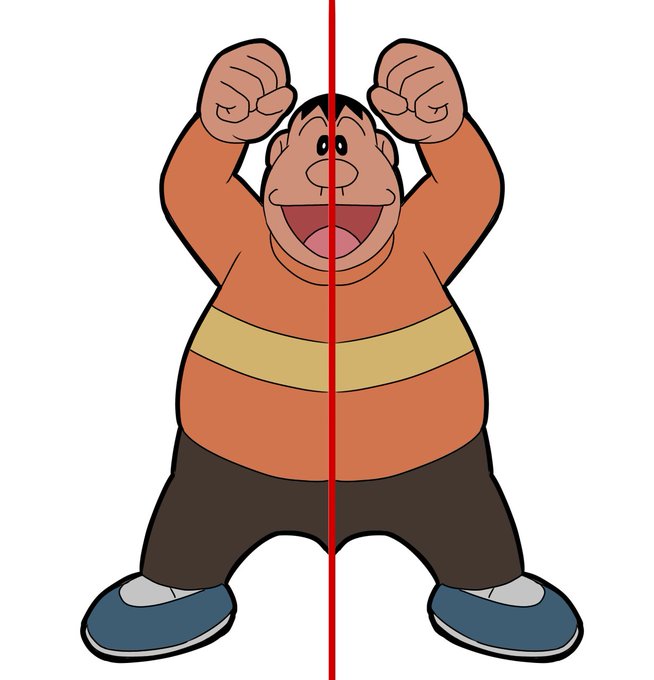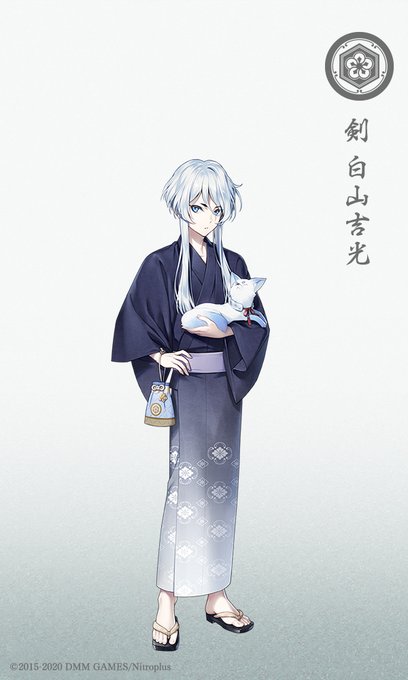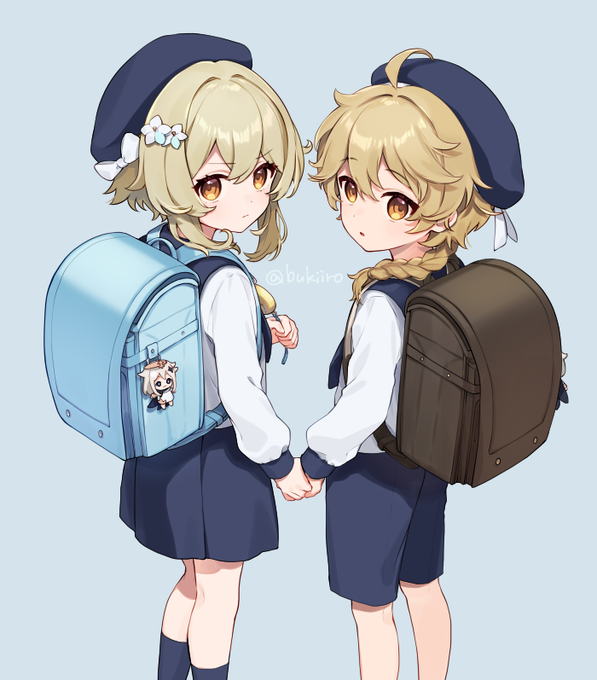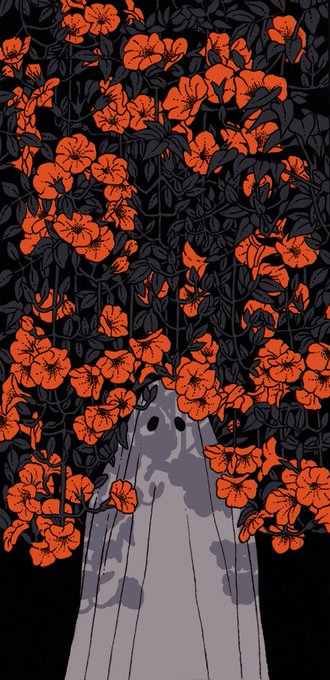出典
Setana-chan, a wave with a daffodil and a seagull floating on it, is the mascot of Setana, a coastal town in Hokkaido, Japan.


作者のその他の人気のイラスト

Morio-kun is a vampire bat who promotes paying taxes by direct debit in Chiba, Japan. (He uses direct debit because he's nocturnal and can't get to the bank in the daytime.)

Wallet-kun, a creature whose head is a mix of a coin purse and Mount Fuji, is the mascot for Shizuoka Bank.

A human/telephone named Teleco-chan was the mascot for the Japanese phone company NTT in the `70s.

Suwanyan is a cat who warns about secondhand smoke. His cousin, Black Suwanyan, teases him by saying he doesn't think secondhand smoke is a big deal.

Mayumaro, a 2,000-year-old silkworm cocoon, is the mascot of Kyoto.

Isewanko is a dog from Ise City, Japan, who wanders the land looking for sweet snacks.

In Japan, Pizza Hut has a mascot called Cheese-kun.

Nabemaru, whose cranium is a hot pot, is the mascot of Nanbu, a town in Aomori, Japan.

Kotochan, a dolphin who is often mistaken for a penguin, serves as both a mascot and a stationmaster for the Kotoden-Kotohira train line.

Tambaryuu No Chi-tan, a dinosaur whose stripes are layers of rock with fossils inside, is the mascot for Tamba City, Japan, where dinosaur bones were dug up.

Detective Koshotan, a goat who likes discovering secondhand books, is the mascot for the Osaka Old Book Association.

Bananan the traveling banana is the mascot for "Petit Banana" cake, a popular souvenir from Osaka. His hat is shaped like the cake.
